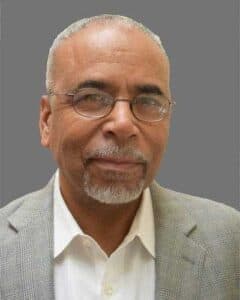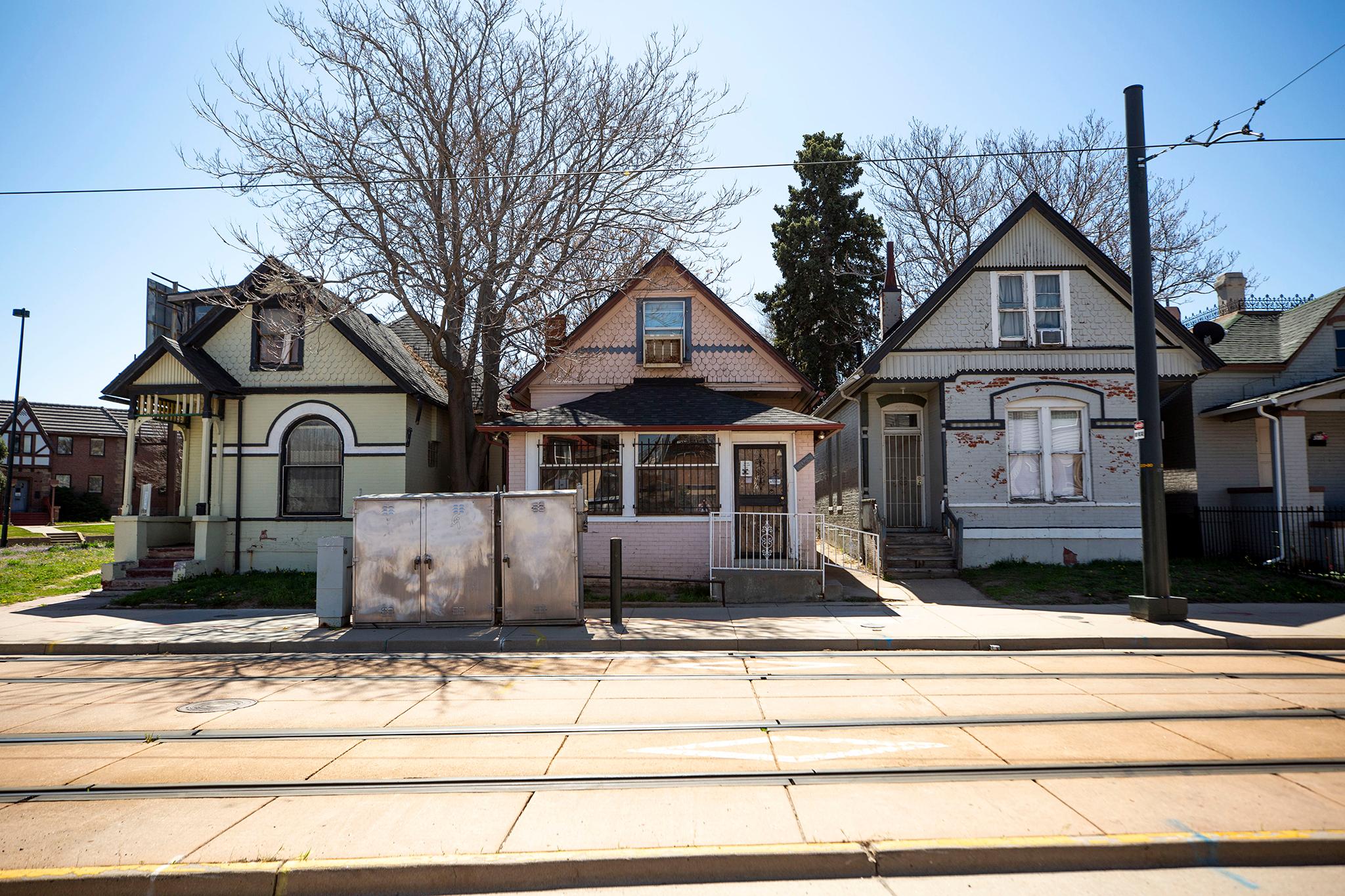Colorado Springs native and esteemed Denver Black real estate developer and investor Carl Bourgeois is remembered for his work revitalizing historic communities of color in Colorado Springs and Denver.
Bourgeois died July 17 at the age of 71 after a long battle with heart disease, according to his family. Coloradans who knew the business titan said he loved his community and demonstrated commitment to investing in long-neglected diverse communities, including the historically Black Five Points neighborhood in Denver and on the west side of Colorado Springs.

"Carl Bourgeois would fall in the category of what I refer to as just being a good man," said Wellington Webb, Denver's first Black mayor. "Carl was socially conscious, [he] was kind and he always gave back to the community. He used his talents, his academic talents of being a banker, and being a finance geek, to say, 'I want to do something more than that; I want to give back.'"
In 1983, Bourgeois and two business partners bought their first property in the Denver neighborhood -- the Triangle Building on Washington Street. They bought and renovated a second building three years later, sparking what has been widely touted as a rebirth of the Five Points community, especially on Welton Street. In its heyday, the street was home to more than 50 bars and clubs, attracting popular traveling Black musicians such as Dizzy Gillespie, Billie Holiday, Miles Davis and Duke Ellington.
"When he renovated the 2400 block of Washington Street in Denver, Colorado's Five Points community, it was considered the most blighted block in Denver," recalled his longtime business partner Sheila King. "He saw it as a challenge, but also as a way to help the Black community grow."
Bourgeois co-founded his Civil Technology firm in 1989 with King. The construction management and real estate development company was a part of many high-profile Denver projects, including Denver International Airport, the Stapleton Redevelopment Project, the Webb Municipal Office Building, Denver Art Museum and downtown Denver's 14th Street Streetscape, according to the company's website.
Webb said he believes Bourgeois' work will live on in Colorado, especially with a younger generation of developers "that saw Carl as a pioneer that was doing this without much help, where the younger generation is saying, 'We can do this too. We can buy and purchase properties, we can redevelop this area and we're going to make it reclaiming a part of our history.'"
Born to Alfred Bourgeois and Bobby Stroud in Colorado Springs, Bourgeois was the fourth of seven children and helped raise his younger siblings after his mother died in her late 40s. The Bourgeois family was known as one of the first prominent Black families in Colorado Springs, according to The Gazette. His grandfather, Kimbal D. Stroud, settled on the west side in the early 1900s. As an adult, Bourgeois moved his family to Denver in the 1970s where he worked as a banker before eventually pursuing real estate development.
Bourgeois also had a deep passion for Africa. He visited the continent several times and also owned a farm in South Africa.
"He was a visionary. As an example, the first time we traveled to South Africa, he immediately knew he wanted to have a farm in Johannesburg," remembered brother-in-law Charles Pankey of Denver. "Carl's legacy is, first his daughters and grandchildren, and second his extended family. The material stuff wasn't as important, especially towards the end."
King, his business partner, agreed that Bourgeois' love for people will live on as his lasting legacy.
"Basically, if you can help somebody, do so," said King of Bourgeois' approach to life. "It doesn't have to be financial -- it could be a smile, it could be a hand out. Just acknowledging a person. Carl was a caring individual; compassionate, innovative; [very] community and family-minded."
Adds Webb of his impact on Colorado: "The legacy of a good man."













